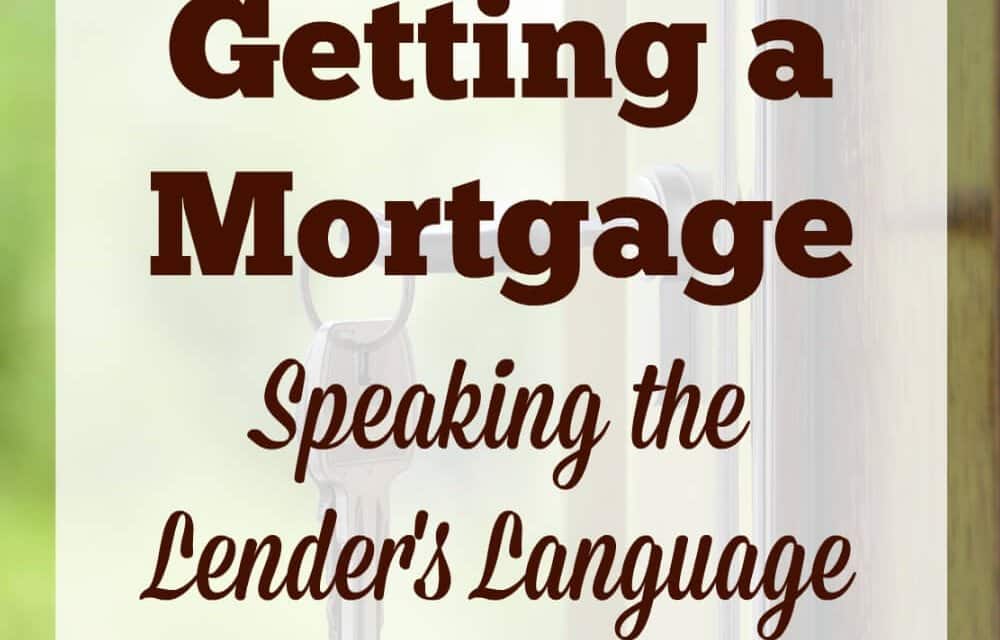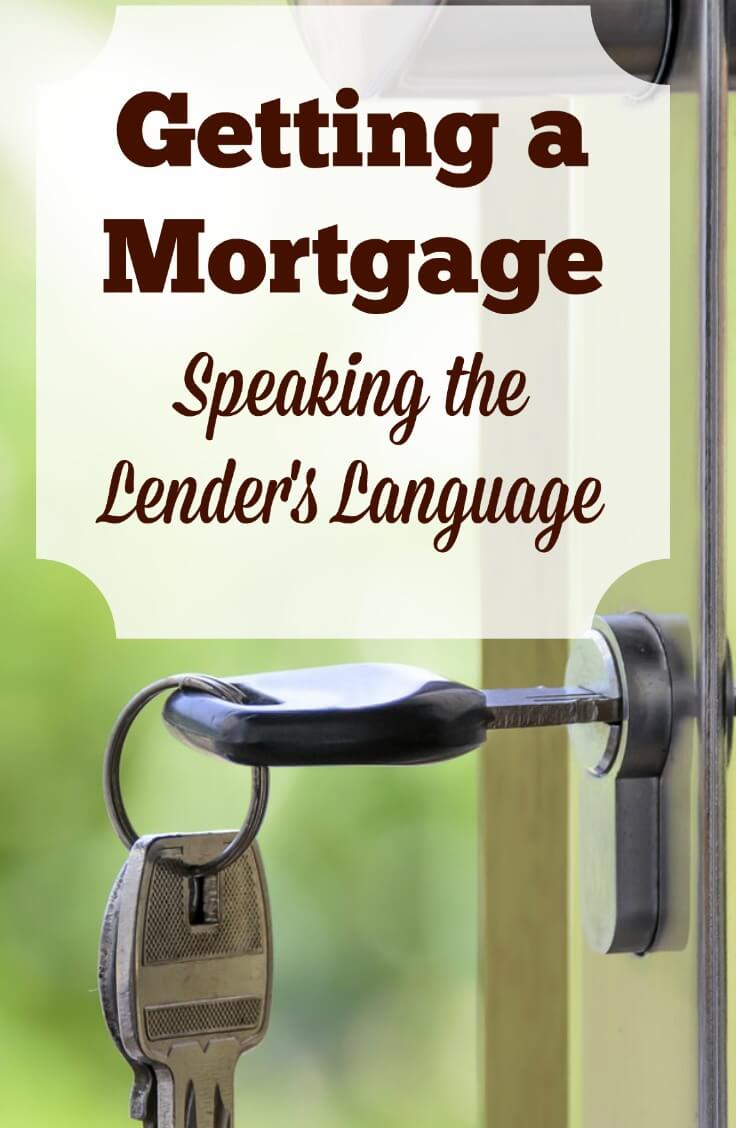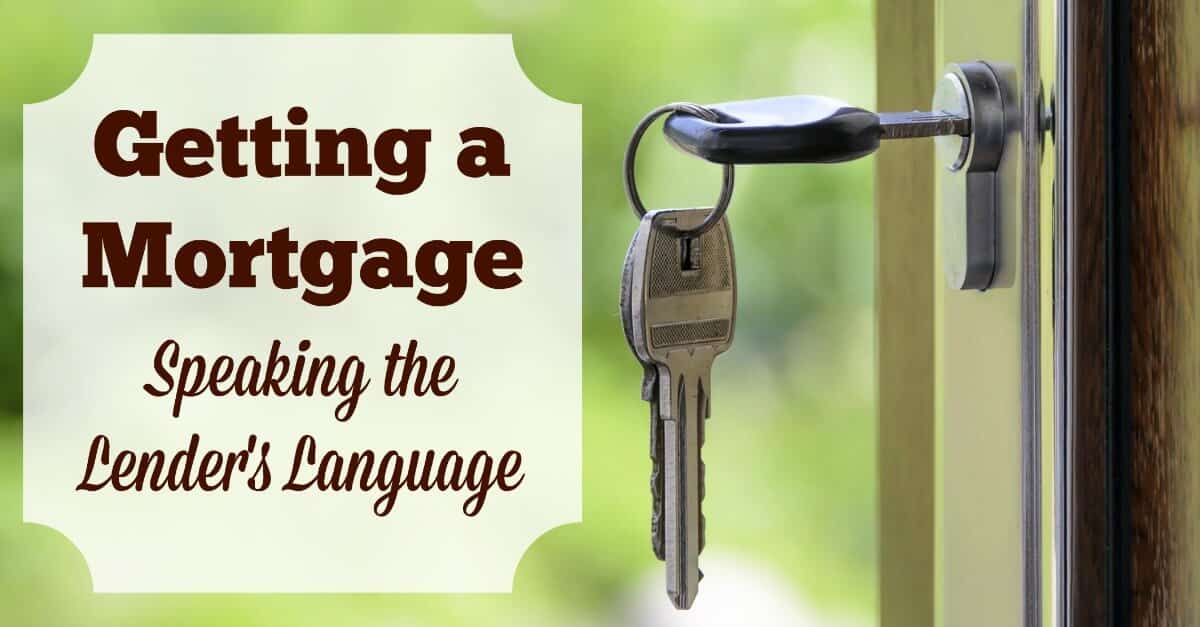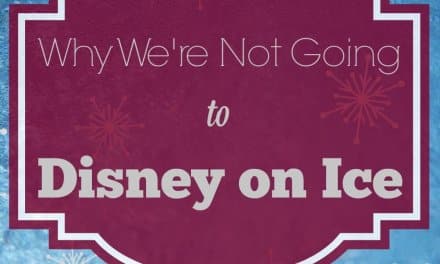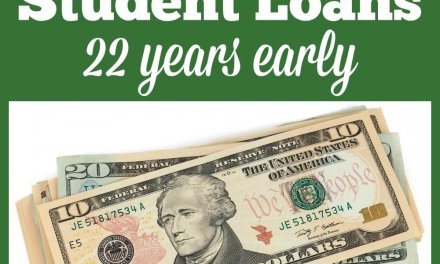This post was originally shared on The Simple Dollar.
Ah, the world post-housing bubble: Lenders are lending again, and interest rates are low, for now at least. But buying a home is huge — possibly the biggest financial decision you’ll make in your life. And because lenders are more relaxed about who can get a loan, if you’re looking to buy (and therefore borrow), it isn’t just a question of, “Will I get approved?” but also, “Who do I choose?”
Speaking the lender’s language.
You’ll have a lot of choices when you start shopping for a mortgage. Do you want a government-backed loan or a private loan? An adjustable rate or a fixed rate? It can be overwhelming.
Different mortgage options fall into two basic camps: conventional loans backed by a bank or mortgage company, and government-backed loans. Conventional loans vary in length, rates, fees, and other terms. Many conventional loans have a standard 30-year repayment term, but you can opt for a 15-year (or even lower) term generally at a higher interest rate.
Government-backed loans are insured by a government branch. A government-backed loan can have some perks, like a lower down payment or more flexibility in credit score requirements, but not everyone qualifies. Take Veterans Affairs (VA) loans: They’re more lax about credit scores and can be completely financed, meaning there’s no down payment at all. But to qualify, you (obviously) need to be a veteran.
USDA loans are another good option for people with past credit problems or those struggling to build a down payment, but to qualify, your house has to be in a rural area. Even most “out in the country” suburbs aren’t eligible.
The most well-known government-backed option of the bunch, the FHA loan, has a lower down payment requirement than most other loans — as low as 3.5 percent! — and the credit score requirements aren’t as strict as you’d might expect. But as a trade-off, most FHA loans require you to pay mortgage insurance for the life of the loan, much longer than a conventional loan requires.
To complicate things even more, the minimums listed by the VA or FHA aren’t all you need to qualify. Since the loan is only guaranteed by the government but issued by a lender, the lender can stack its own requirements on top. Known as overlays, these additional requirements could affect your approval. “Banks always have overlays on top of federal lending guidelines that make loans more restrictive,” says Nick Schlekeway, designated broker for Amherst Madison Legacy Real Estate. “FHA has a debt-to-income ratio cap at 57 percent, and the lender may put a debt overlay of 10 percent on top of that.”
If I’m making it sound like government-backed loans aren’t your best deal, don’t worry. An overlay could have an effect on your loan, but it isn’t likely to be a big one. Think of this more as just a “good to know.”
Next week we’ll explore the magical world of interest rates.
The Simple Dollar is a place where anyone can come to acquire financial information on finding the best products and services, saving money, making smart investments, and controlling personal finances. Think of the The Simple Dollar as a personal finance platform you can use to make better financial decisions and grow your bank account.

